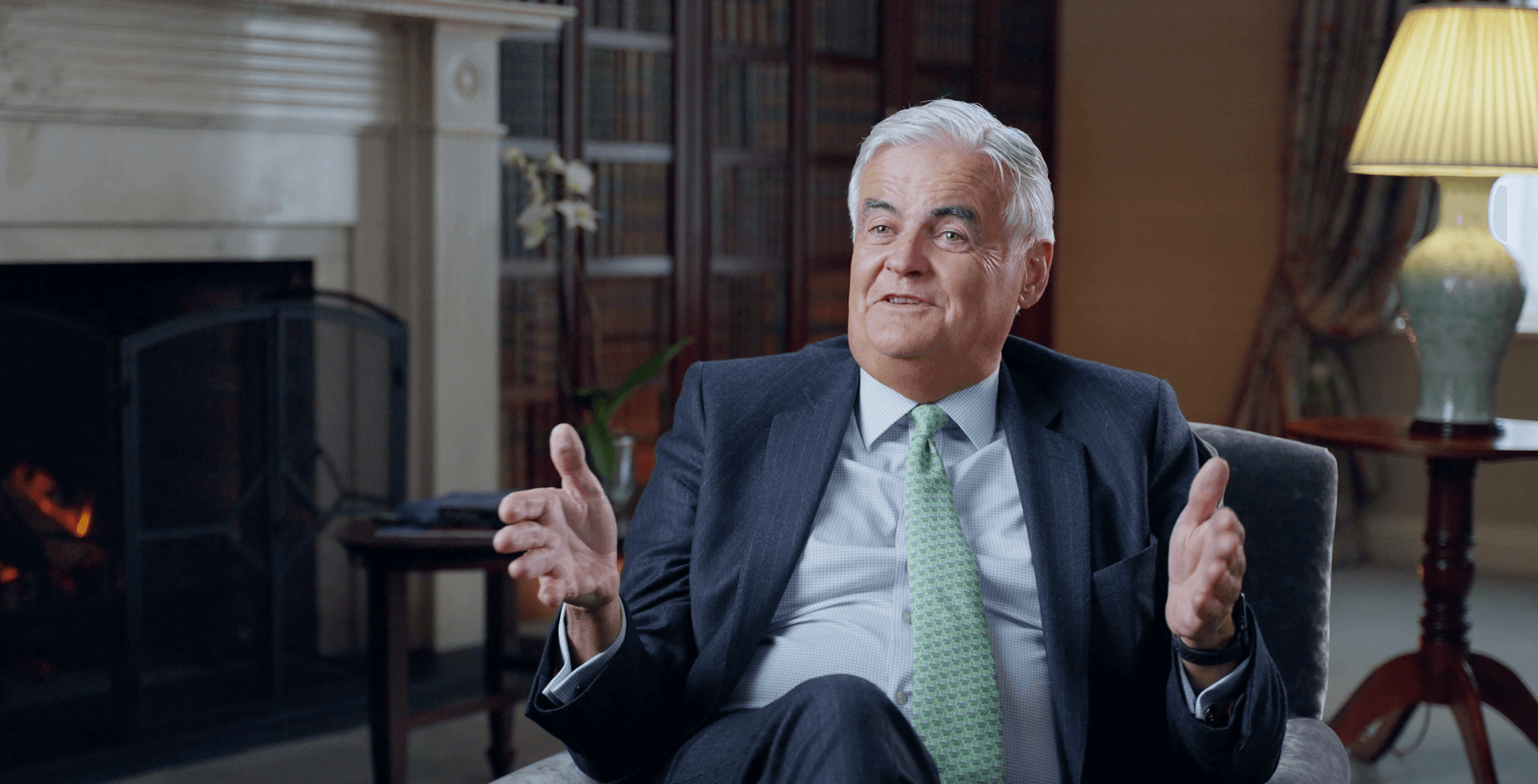Retirement should be a time to enjoy the rewards of your hard work, but managing your finances during this phase can be challenging. Avoiding common retirement investment mistakes is essential for ensuring a smooth journey toward a secure and fulfilling future. Here are seven crucial missteps to steer clear of.
- Placing All Your Bets on One Investment
Imagine risking your entire retirement savings on one investment – like betting it all at a casino. It sounds reckless, yet many people unknowingly do this by investing heavily in their employer’s stock.
Take the example of Allied Irish Banks during the 2008 financial crisis. Employees with significant holdings in the company’s stock faced devastating losses. Diversification is your best defense. Spread your investments across sectors and asset classes to minimise risk—think of it as “many eggs in many baskets.”
- Underestimating the Impact of Inflation
Inflation might seem minor, but it can erode your purchasing power significantly over time. At an average inflation rate of 2.5%, the value of your money could drop by 22% in just 10 years.
If your portfolio leans too heavily on conservative assets like fixed-income securities, you risk falling behind rising costs. Including equities in your retirement plan can help you stay ahead of inflation, as stocks historically offer higher returns that preserve your purchasing power.
- Falling for Financial Scams
Promises of high, consistent returns can be alluring but are often red flags for Ponzi schemes and fraud. Bernie Madoff’s notorious scheme is a sobering reminder of this risk.
Protect yourself by working with certified financial planners who are independent, not tied to a single company. Look for professionals with globally recognized credentials like the CERTIFIED FINANCIAL PLANNER™ designation for trustworthy guidance.
- Overpaying in Fees
Investment fees can quietly eat away at your savings over time, reducing your returns and long-term growth potential.
Opt for low-cost investment vehicles like index funds or ETFs, which have lower fees compared to actively managed funds. These cost-efficient options deliver solid returns while helping you retain more of your hard-earned money.
- Mismanaging Retirement Withdrawals
Transitioning from saving to spending requires careful planning. Withdrawing too much too early can deplete your funds, while withdrawing too little could mean sacrificing the lifestyle you deserve.
Follow the 4-5% rule as a starting point, adjusting withdrawals based on market performance and your individual circumstances. A flexible strategy can help balance your needs with the longevity of your portfolio.
- Investing with a Regional Bias
Focusing your investments on one country or region can expose you to unnecessary risks. For example, a portfolio concentrated in Irish or European stocks misses opportunities in global markets.
A globally diversified portfolio offers broader exposure and potentially higher returns. Consider benchmarks like the MSCI World Index to guide your diversification strategy.
- Attempting to Time the Market
Timing the market – trying to buy low and sell high – is a strategy that rarely succeeds. Market downturns and rallies are unpredictable, and missing even a few of the best trading days can significantly impact your returns.
For instance, missing the 10 best days in the market from 1992 to 2022 would have halved your cumulative returns. Instead, focus on a long-term investment plan. Staying invested and diversified ensures you capture overall growth while weathering market fluctuations.
Conclusion
Avoiding these common retirement investment mistakes can help secure your financial future and ensure a comfortable retirement. Diversify your portfolio, account for inflation, manage fees, and maintain a disciplined long-term approach.
For tailored guidance, consult a financial planner. They can develop a personalised strategy aligned with your unique needs and retirement goals, giving you peace of mind as you plan for your retirement.
If you would like to chat about this, please schedule a meeting here.
In Their Own Words







